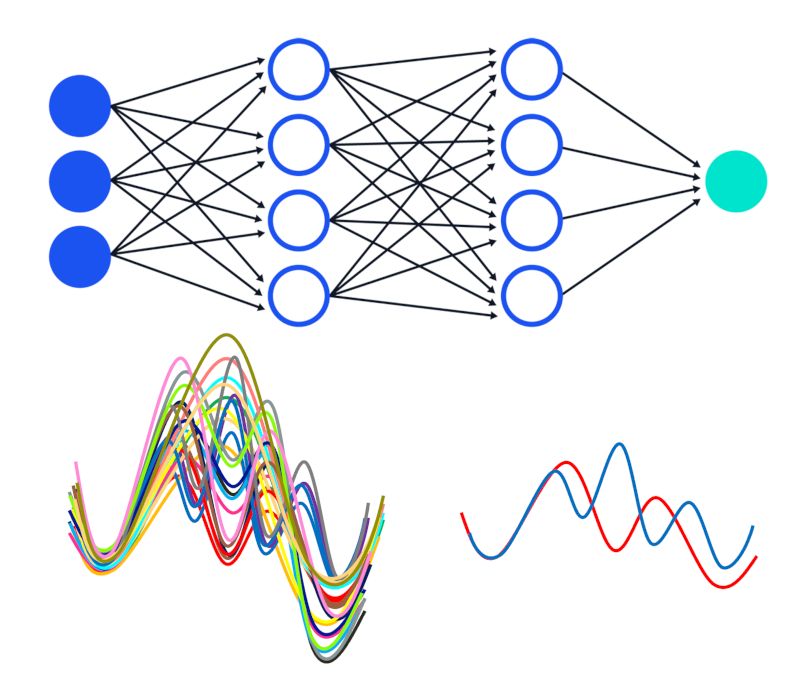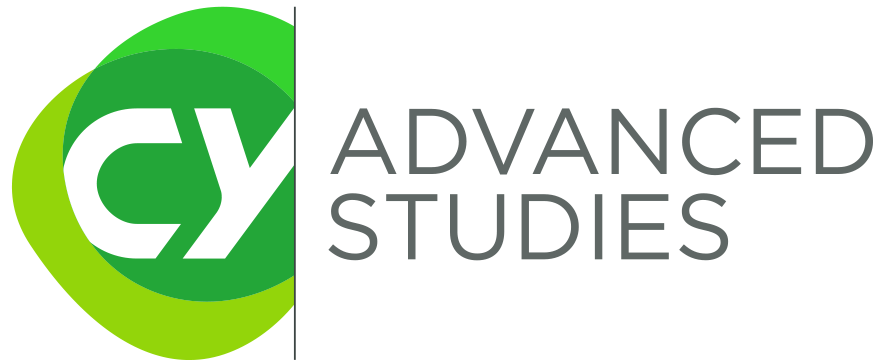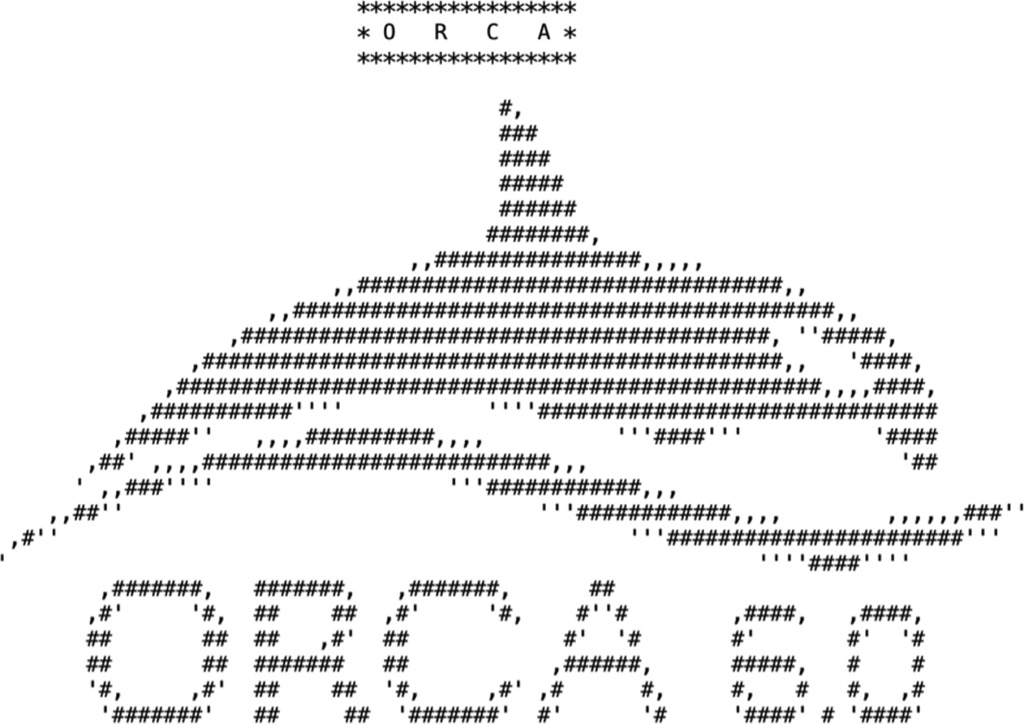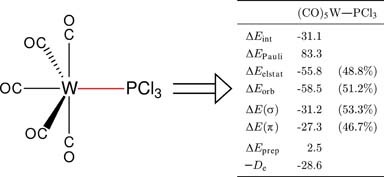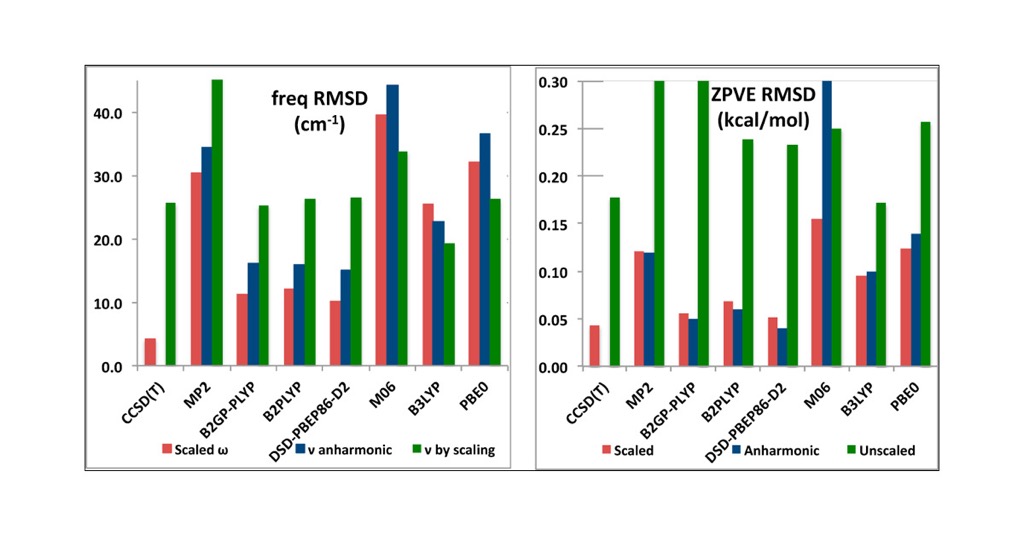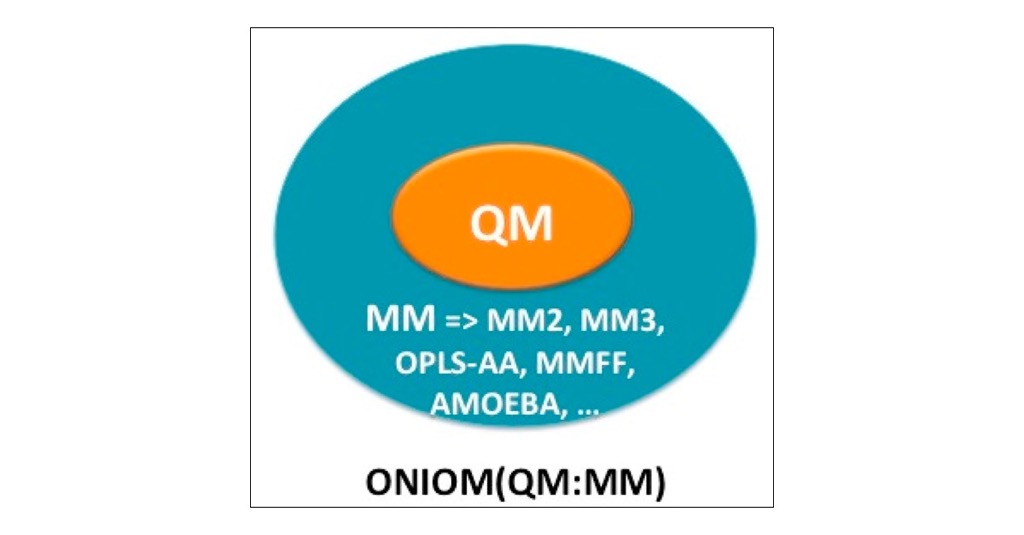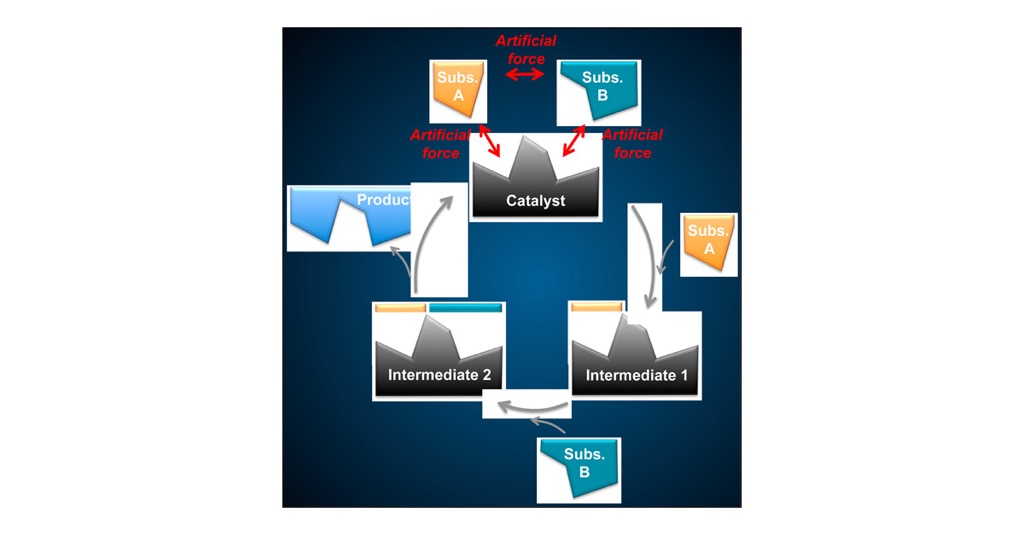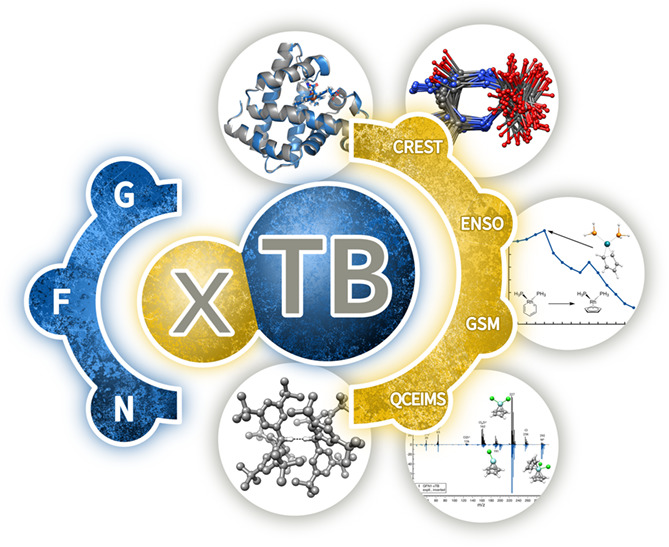You are here :
- Unité de recherche
- LIRA
Published on May 22, 2025– Updated on June 23, 2025
Workshop on Computational Chemistry and Machine Learning for Chemical Physics
CY Cergy Paris Université (Neuville) on June 12-13, 2025
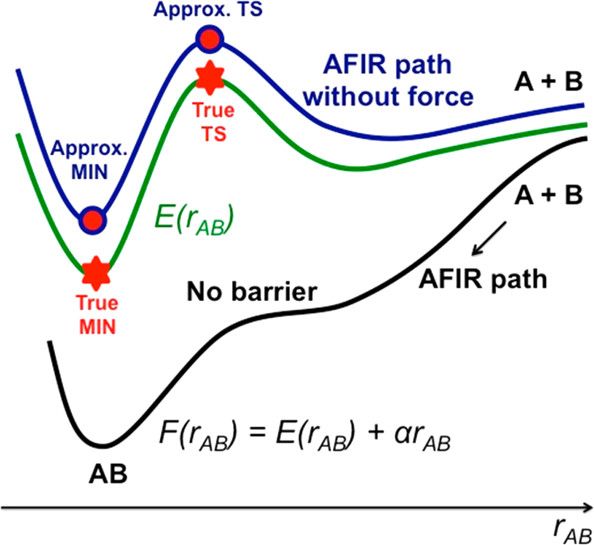
Workshop Objectives:
- Bring together researchers and students interested in computational chemistry and physics.
- Present a series of invited talks from experts in the field, covering theoretical foundations, recent developments, and case studies.
- Demonstrate the role of computational simulations in bridging theory and experiment.
- Introduce emerging trends, including machine learning and AI-driven approaches in computational chemistry and physics.
- Foster collaborations and knowledge exchange.
- Discuss how to impulse a dynamic in this field at CYU and associated partners.
- A tutorial session on Quantum Chemical Computations.
Schedule:
- Thursday 12 June, 9h30 - 12h: Tutorial 1
- Thursday 12 June, 14h - 17h: Scientific session
- Invited speakers to date: F. Gallier (Biocis), E. Masnada (LPPI), S. Perralta (LPPI), G. Trambly (LPTM), WMC Sameera (Chalmers Univ.)
- F. Dulieu (LIRA) & D. Kotzinos (ETIS) for discussion
- Friday 13 June, 9h30 - 12h: Tutorial 2
- Friday 13 June, 14h - 17h: Tutorial 3
Scientific committee:
WMC Sameera and F. Dulieu
Location:
On the Neuville Campus (Online tutorials can be proposed).The Thursday afternoon scientific session will be held in room H008 of the MIR (Maison Internationale de la Recherche).
Meals will be taken at the LIRA laboratory.
Scientific session program (Thursday 12 June, in person, Room H008)
| 14h00 | Welcome, round table, and objectives of the session | François Dulieu |
| 14h10 | Computational Chemistry: a helping tool for (bio)organic chemists? | Florian Gallier |
| 14h40 | Case studies by DFT applied to photostimulable Surfaces | Sébastien Peralta |
| 15h10 | From Cosmic Dust to Molecules: Computational Approaches to Rationalize Interstellar Chemical Complexity | WMC Sameera |
| 15h40 | Coffee break | |
| 16h00 | Machine Learning as a tool in astrochemistry | François Dulieu |
| 16h20 | Discussion : next steps? | D. Kotzinos, G. Trambly and all participants |
| 16h50 | Concluding remarks |
Practical Sessions:
As part of the workshop, a tutorial session on Quantum Chemical Computations will be held at CY Cergy Paris Université (Neuville). This session (in person or online) will cover key computational chemistry techniques through hands-on training for beginners:
- Setting up and running electronic structure calculations
- Optimizing molecular geometries and analyzing vibrational spectra
- Computing reaction pathways
- Modeling spectroscopic properties
- Multiscale methods
Before the tutorial sessions begin, all participants are required to download and install the ORCA 6.0.1 program on their personal computers.
For detailed instructions, please refer to the following link: https://www.faccts.de/docs/orca/6.0/tutorials/first_steps/install.htmlIn addition, please install the Avogadro software (https://two.avogadro.cc/install/index.html), which will serve as the graphical interface for building and visualizing molecular structures.
Participants are expected to have the software installed and be ready to run calculations.
Only registered participants will receive ZOOM links to join the meetings, along with invitations to the Slack platform for instructions and information sharing.
Links for the tutorials:
Tutorial 1: MOLECULAR STRUCTURE
- Geometry optimization: https://www.faccts.de/docs/orca/6.0/tutorials/prop/geoopt.html
- Vibrational frequencies: https://www.faccts.de/docs/orca/6.0/tutorials/prop/freq.html
- Correlation energy: https://www.faccts.de/docs/orca/5.0/tutorials/prop/corren.html
- Presentation
Tutorial 2: REACTIVITY
- Finding Transition States: https://www.faccts.de/docs/orca/6.0/tutorials/react/nebts.html#
- Kinectic Isotope Effects (KIE): https://www.faccts.de/docs/orca/6.0/tutorials/react/KIE.html
- Lecture slides
Tutorial 3: SPECTROSCOPY
- Infrared and Raman: https://www.faccts.de/docs/orca/6.0/tutorials/spec/IR.html#
- UV/Vis spectroscopy: https://www.faccts.de/docs/orca/6.0/tutorials/spec/UVVis.html
- Multiscale models (OPTIONAL): https://www.faccts.de/docs/orca/6.0/tutorials/multi/basics.html
Useful links:
- Instructions for Submitting Jobs on OSACA (CY Cergy Paris University)
- The Linux command line for beginner
Registration:
Registration is free but required.Register for the workshop
List of participants
Contact:

